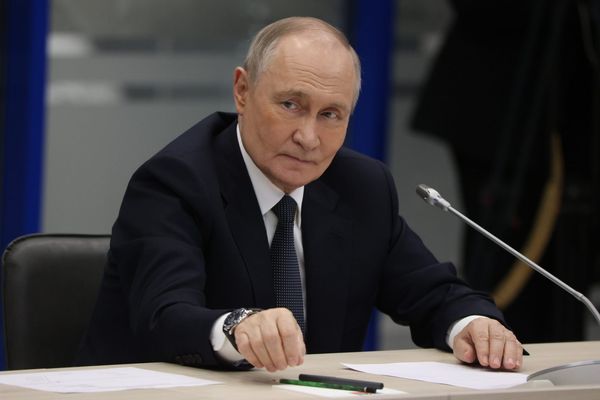
Australia-China relations have seen an “extraordinary turnaround” in the past year and a half, an analyst says, and not even Scott Morrison’s curiously timed trip to Taiwan could sour Anthony Albanese’s tour of Beijing.
The former Coalition government has become an example for China of how bad relations can get, while Albanese’s approach has allowed both countries to turn the page, according to UTS Australia-China Relations Institute director James Laurenceson.
It’s obvious why Australia would be interested in that result: Australia sells a third of its exports to China, and now ministers appear to have been promised an end to disruptive trade tariffs.
But why would China, whose economy is 10 times larger than Australia’s, care about the visit or the temperature of the countries’ relationship? Laurenceson told Crikey that thawing relations mean good global optics for Beijing: “I think it’s useful for China to be able to point to Australia and say, ‘Look, Beijing can actually run a very constructive, mutually beneficial relationship with a country like this.’
“Australia, of course, is a staunch US security ally, and our own relationship with China three years ago was a complete disaster. The last thing China wants is for the world to be divided into blocks where you’ve got a real hard-edged, US-led coalition that’s directed against China.”
The improvement in China-Australia relations in the past 18 months has been an “extraordinary turnaround”, he said: “Eighteen months ago, Australia’s relationship with China was worse than any other US ally or partner in the region, and now it’s probably the best.
“There are two reasons for that. One is that Beijing has come to the table and decided it’s not in its interest to keep Australia in the doghouse. The other is diplomacy. It really does matter, and the Albanese government approach to it is day and night compared with the way [Scott] Morrison was running things.”
Morrison, whose government saw relations with China plummet during arguments about the coronavirus pandemic and trade, recently went to Taiwan where he gave a speech on “a modernised One China framework”. While the timing of the trip and Morrison’s choice of words have been seen by some as inconvenient for Albanese, Laurenceson believed it wouldn’t have cast much of a shadow over the government visit.
“Not at all. I mean, of course Beijing won’t like Morrison going, but Beijing is not going to pin that on Albanese. In fact, Beijing’s favourite line over the past 18 months has been that all the problems we had with Australia were the fault of the Morrison government,” he said.
While the promised lifting of trade barriers was a concrete win for Australia, Laurenceson said there was a more intangible outcome that may be even more important: “We got the chance to press our interests directly to the people that matter in China now.”
“China’s political system is highly centralised around Xi Jinping, and Albanese met China’s number one, two and three. When you’re dealing with the Chinese bureaucracy, you never know if Xi is getting the message because no-one wants to give him bad news. Now the doors that were previously closed are going to be opened for our embassy in Beijing.”







